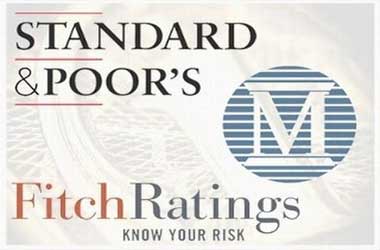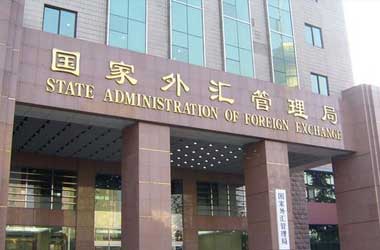Rating Agencies Downgrade UK Credit Rating Post Brexit Vote
 Ratings firm Moody’s has slashed the rating of U.K’s financial institutions from ‘stable’ to ‘negative’ after the recent British vote to exit the European Union (EU). Some of the institutions downgraded by Moody after the Brexit include banks, life insurers as well as infrastructure and project finance funders.
Ratings firm Moody’s has slashed the rating of U.K’s financial institutions from ‘stable’ to ‘negative’ after the recent British vote to exit the European Union (EU). Some of the institutions downgraded by Moody after the Brexit include banks, life insurers as well as infrastructure and project finance funders.
All ratings agencies including Fitch and Standard & Poor (S&P) have downgraded UK ‘s credit rating after the verdict given the consequent uncertainty and volatility in the market. Moody analysts have stated that U.K banks may not suffer from short-term liquidity problems as a result of their existing reserves and an assurance from the Bank of England that it would release £250 billion to calm the markets. It has however said that it expects debt funding to become more volatile for lending firms in the near future.
wochit Business
In a statement, Laurie Mayers, associate managing director at Moody’s, said,
We expect lower economic growth and heightened uncertainty over the UK’s future trade relationship with the EU to lead to reduced demand for credit, higher credit losses and more volatile wholesale funding conditions for UK financial institutions.
The firm stated that if the new trade deal with the EU does not replicate current trade conditions, UK banks could face higher costs. The 12 banks which have seen their ratings downgraded include Lloyds Banking Group, Santander UK, HSBC, Barclays, TSB Banking Group and Nationwide. The only bank to have retained its rating is the Royal Bank of Scotland which Moody’s said had specific credit factors that were more important than the referendum’s impact.
S&P cut its rating from the top rating of AAA to AA which is two levels lower. The agency said that the referendum’s result weakened the effectiveness and stability of policymaking in the UK. It noted that the uncertainty around key issues would affect investor confidence and impact investment plans.
Fitch has similarly lowered its outlook for the country from AA+ to AA saying that it expects an abrupt decline in the growth rate for the country in the short term. Over the medium term the agency expects less favourable export terms with the EU which includes reduced immigration and a drop in foreign direct investment.
UK Chancellor George Osborne has stated that the country will face its future from a position of strength. Attempting to ease market fears, he said that the country will need to adjust to new circumstances but it has the strength to cope with the changes.
Related Articles
Buffett Advises Investors To Be Cautious With Wall Street Traders
Legendary investor Warren Buffett has said that investors lose by trusting their money to Wall Street investment managers in his
EU To Pass Bill Requiring Financial Disclosures From Companies
European regulators are in the process of releasing new financial regulations which could result in multinational corporations being forced to
China Further Tightens Scrutiny On Foreign Exchange Transactions
China is taking additional steps to tighten foreign currency outflows from the country as the start of the new year



